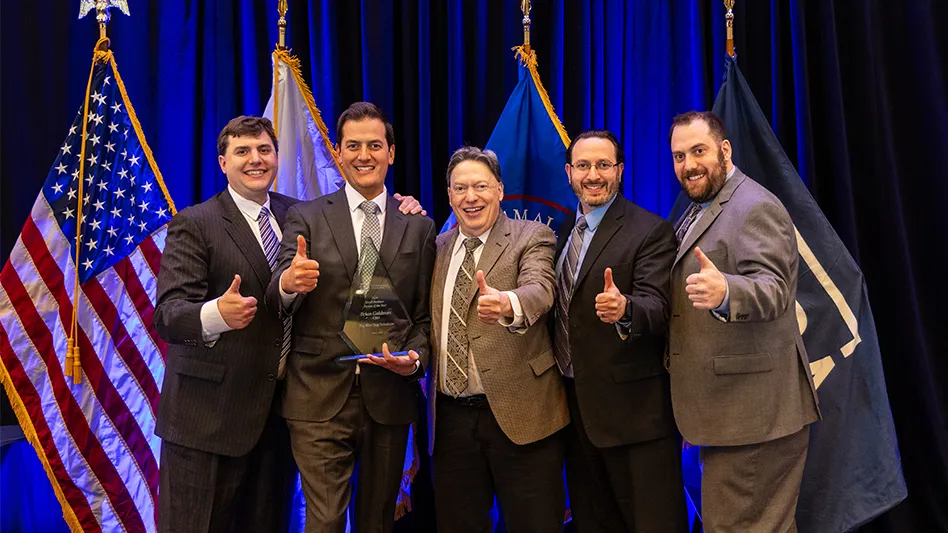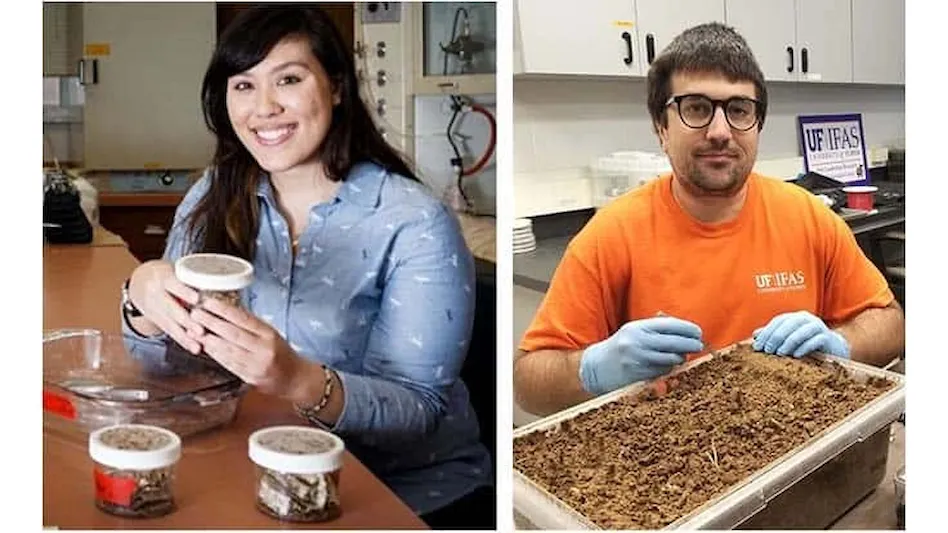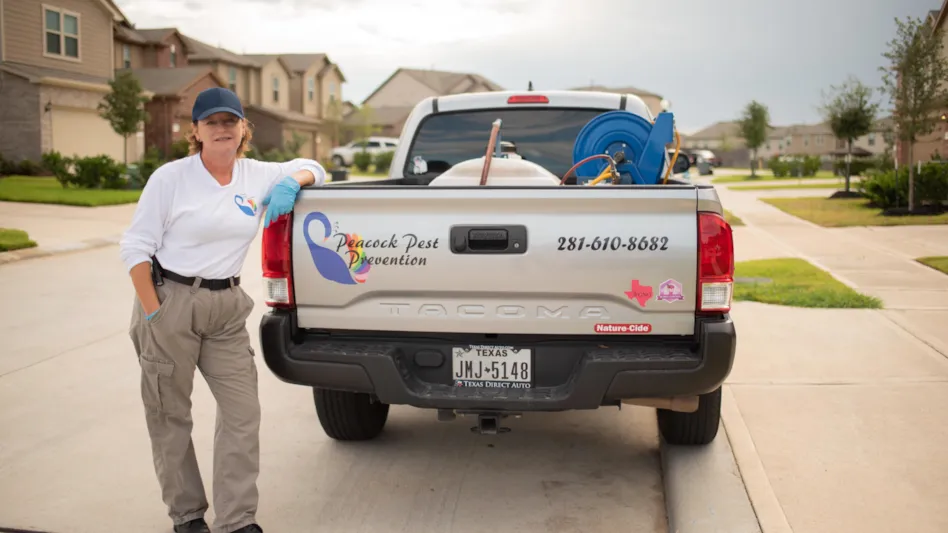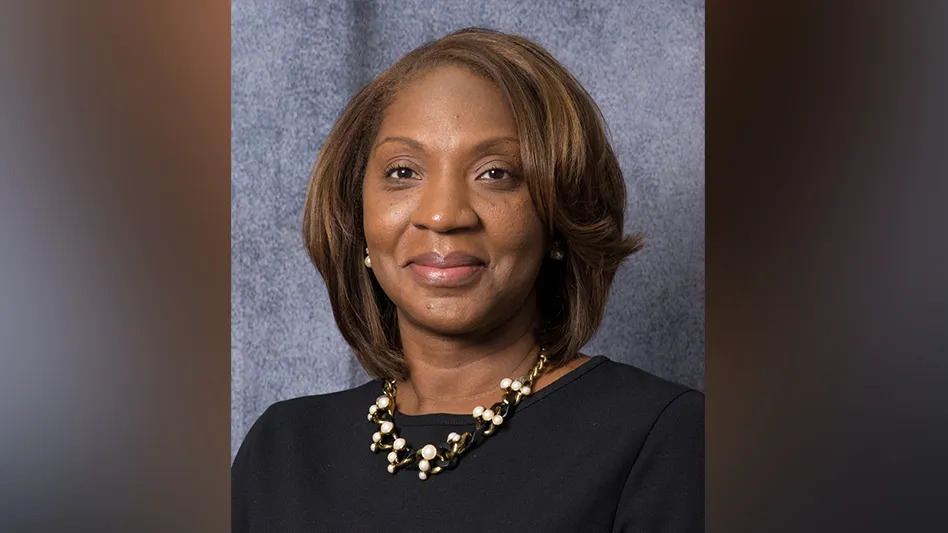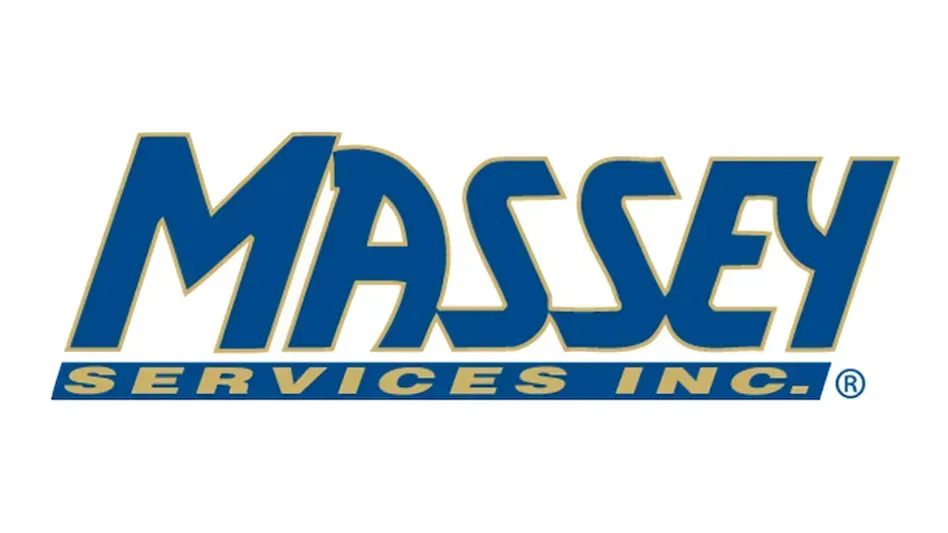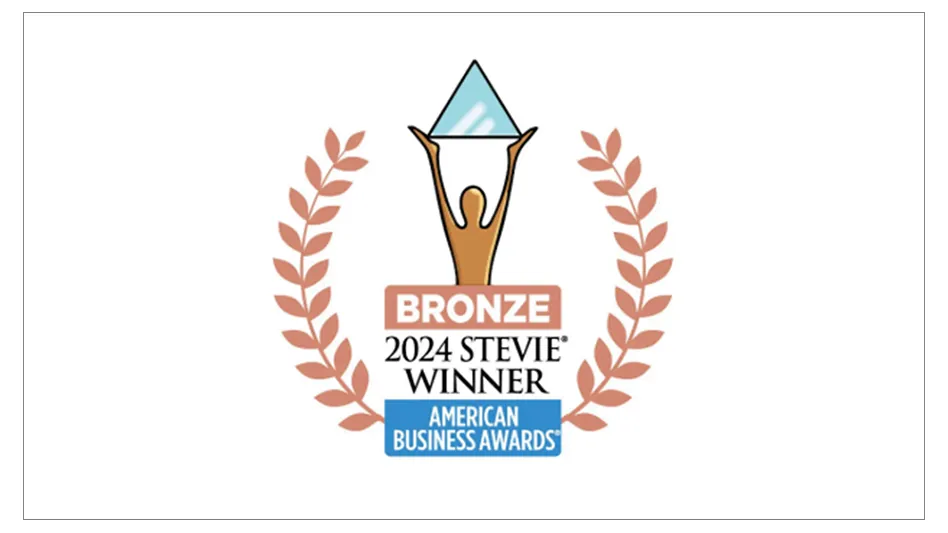
RISE
HONOLULU — RISE (Responsible Industry for a Sound Environment) convened two events in Hawaii aimed at advancing the interests of the specialty pesticide and fertilizer industry.
Leading a grassroots workshop on advocacy within the broader legislative and regulatory landscape, RISE gathered more than 20 in-state pesticide partners and applicators to explore impacts on Hawaii's diverse businesses and to amplify effective advocacy techniques within the industry.
“Policymakers need to hear from you, the experts, on the benefits of specialty pesticides,” said RISE Government Affairs and Grassroots Engagement Manager Megan Striegel. “The convergence of individual voices echoing one unified message is what makes a resounding impact.”
Reiterating this message at the RISE Industry Issues Update at PestWorld, RISE President Megan Provost spoke on priority issues impacting the industry, emphasizing the importance of collective action and advocacy efforts.
“Time and time again, it has been demonstrated that collective efforts achieve far more than individual endeavors,” said Provost. “Grassroots engagement plays a pivotal role in shaping the future of the specialty pesticide and pest management industry.”
The Industry Issues Update also featured distinguished speakers Staci Johnson, senior regulatory affairs manager at Ecolab, and Marie Horner, vice president and industry steward for Arrow Exterminators, who spoke on the strength of collaboration and coordination between industry partners and stakeholders.
“We are the catalyst for change,” Provost said. “Together, through one united voice, we can bring about policies that promote safe and responsible specialty pesticide use.”
Latest from Pest Control Technology
- PCO Follows the Carpenter Bee Clues
- Bird Control Can Be Lucrative, But it’s Not for Every Company, PCOs Report
- Gerry Wegner on the New PCT Field Guide to Stinging and Biting Arthropods
- PCO Bookkeepers & M&A Specialists Recognize Pinnacle Performance Award Winners
- Ground Control
- Scientists, PMPs Collaborating to Map Termite Distribution in Southern U.S.
- Viking Pest Control Organizes a Charity Bike Build for Local Families
- Gaining Control of Structure-Infesting Carpenter Ants
